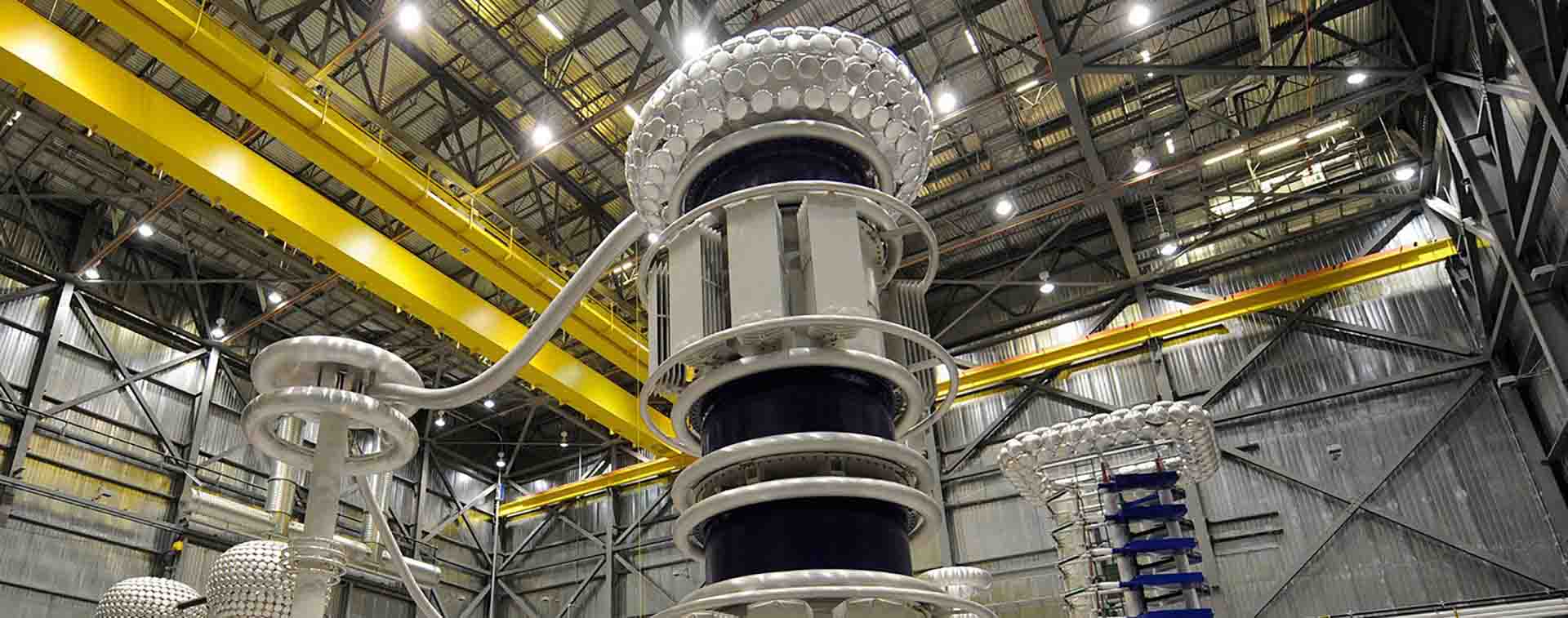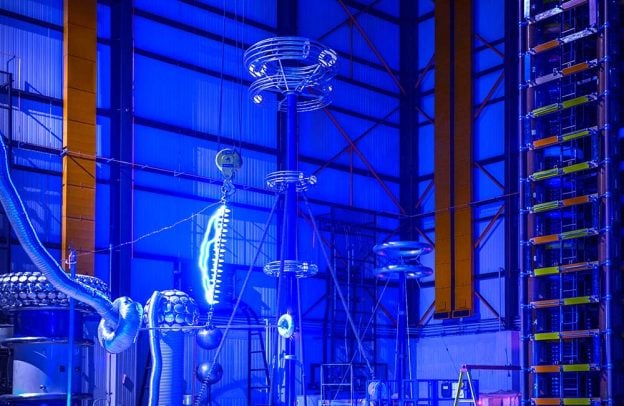Course Description
You will learn everything about high voltage insulator functions, how breakdown occurs and testing high voltage circuits in lab. The course covers the concept and operation of HV testing transformer, cascaded and resonant HV transformers, TESLA coil, etc. After taking the course, you will have a clear picture of the main features of overhead line insulators, how to avoid flashover of the insulator, different tests to be made on the insulator and corona/sparkover effect in power engineering.
The course consists of 49 lessons and 5h 1m total length. Downloadable materials (PDF) are included.
The purpose of this course is to give you a thorough introduction to high voltage engineering and insulators to aid you in your profession, your studies, or even if you wish to begin your own scientific research in this area.
In this course you will learn the following:
- The importance and the need for high voltage
- The insulator function for isolation of H.V
- How breakdown occurs in insulator
- The meaning of dielectric strength of insulator
- Different applications of Using high voltage
- Different types of testing high voltages in lab
- The concept and operation of HV testing transformer
- The difference between HV testing transformer and Power transformer
- Cascaded HV transformers for higher voltage generation
- The operation of resonant transformer
- Everything about TESLA coil for high frequency HV generation
- Different applications of HVDC
- Van de Graaf generator for HVDC generation
- The concept of rectification for producing HVDC
- The operation of different rectification circuits for HVDC generation
- Impulse voltage waveform
- Marx circuit for producing lightening stroke in lab
- High voltage testing circuit in HV lab
- Precautions taken into consideration during the test
- Different methods to measure different types of high voltages
- What is the sphere gap method for measurements
- The effect of atmospheric conditions on the measurement
- The function of overhead lines insulators
- The main features of overhead line insulators
- Comparison between different insulator materials
- Pin insulator vs. Suspension insulator vs. Strain insulator
- Different causes of insulation failure
- How to avoid flashover of the insulator
- The function of arcing horns
- Different tests to be made on the insulator
- Voltage distribution across the insulator string
- Importance of using guard rings with the insulator
- The meaning of sparkover and how it can occur
- Everything about corona effect in power engineering
Who Is This Course For
- Anyone having passion to learn high voltage branch of electrical engineering
- Electrical power engineering students
- HV engineers working in HV substations
- Commissioning engineers in the HV field
- Postgraduate electrical power engineers
Requirements
- Basic principles of electrical engineering concepts (like voltage, current and power )
- Passion to learn about high voltage engineering
Downloadable course materials
After purchasing the course, students can download the following materials:
- Generation of Different Types of High Voltages (PDF)
- High Voltage Testing and Measurements (PDF)
- HV Phenomena (PDF)
- Overhead Lines Insulators (PDF)
- Energy transmission and distribution guide (PDF)
- Handbook on EHV overhead lines and underground cables (PDF)
Course Content
About Instructor



